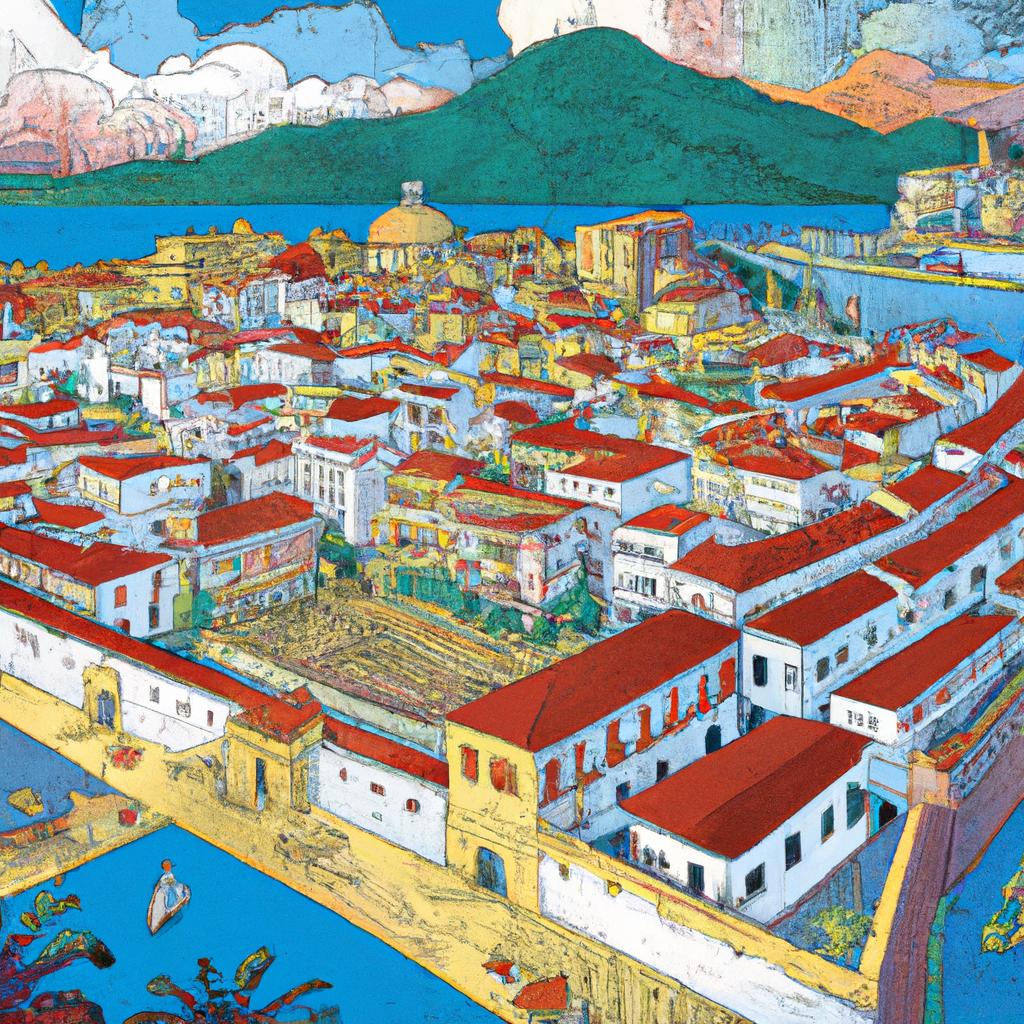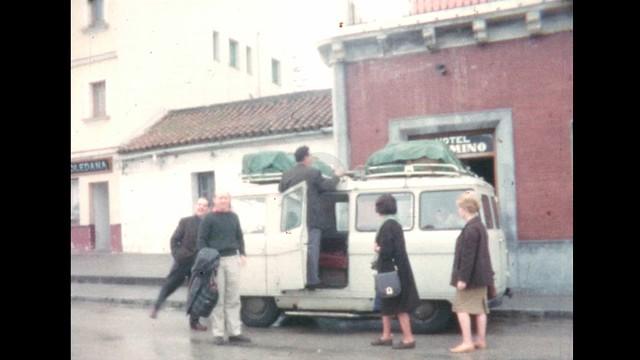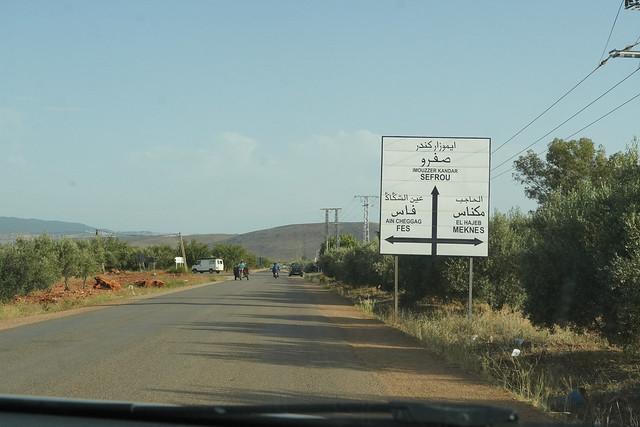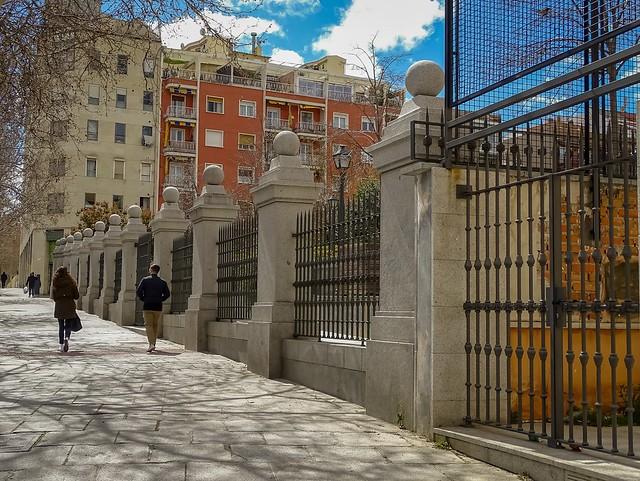Ceuta
Overview
Overview of Ceuta
Ceuta is a small Spanish exclave located on the northern coast of Africa, surrounded by Morocco and the Mediterranean Sea. Despite its modest size, Ceuta is a melting pot of cultures, blending Spanish, Moroccan, and other influences, which is evident in its architecture, cuisine, and festivals. This unique cultural fusion, combined with its historical sites such as the Royal Walls and the Ceuta Museum, makes the city a fascinating destination for curious travelers. The blend of modernity with tradition and the city's picturesque beaches add to its charm, offering a unique experience that differs significantly from mainland Spain.
Best Time to Visit Ceuta
The high season for tourism in Ceuta is during the summer months, from June to September, when the weather is typically warm and sunny, making it ideal for exploring the city and relaxing on the beaches. During this period, temperatures usually range from 20°C to 30°C (68°F to 86°F). Visitors can enjoy a variety of activities, including swimming, snorkeling in the clear Mediterranean waters, and hiking in the nearby Parque Marítimo del Mediterráneo. The summer also hosts several local festivals, providing a great opportunity for travelers to experience Ceuta's vibrant culture and traditions firsthand.
Preparation for Visiting Ceuta
Before traveling to Ceuta, it's essential for visitors to prepare adequately to ensure a smooth and enjoyable trip. As Ceuta is a part of Spain, travelers from outside the European Union will typically need a Schengen visa, so it's crucial to check visa requirements based on one's nationality. Additionally, even though Spanish is the official language, knowing some basic phrases in Arabic can be helpful due to the multicultural environment. Currency in Ceuta is the Euro, and it's advisable to have some cash on hand, although credit cards are widely accepted. Lastly, it's recommended to have travel insurance that covers medical expenses and any unforeseen events, ensuring a worry-free adventure in this unique enclave.
How It Becomes to This
History not available

You May Like
Explore other interesting states in Spain









